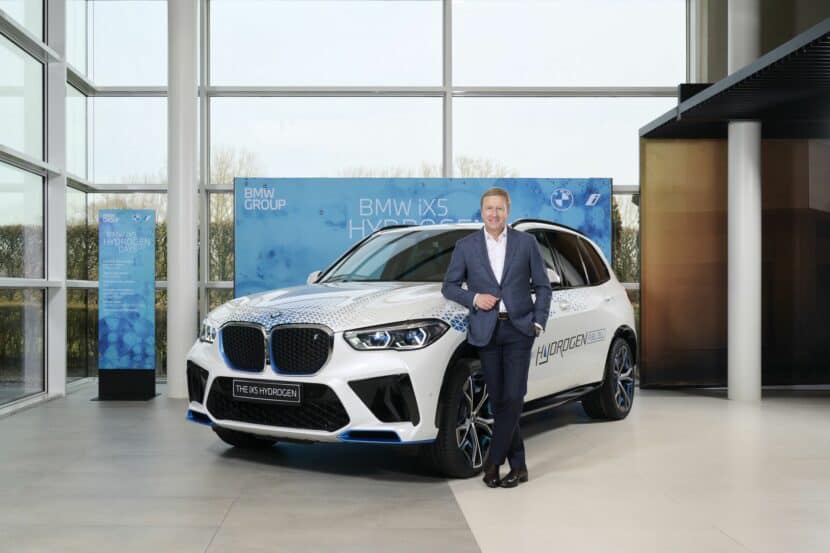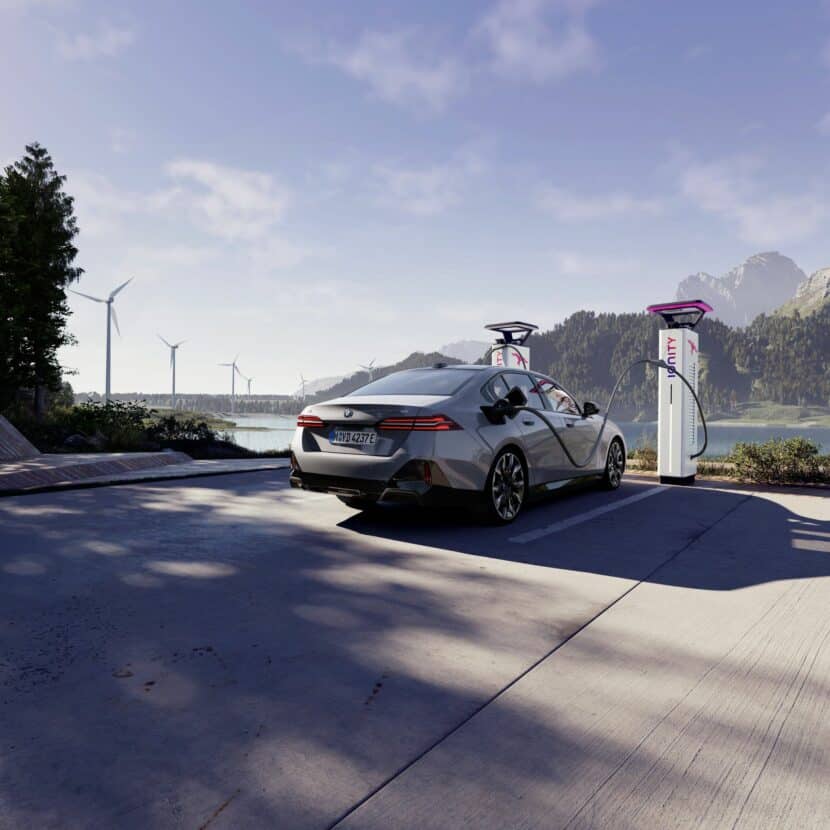
[ad_1]
A few years back, BMW decided to do something pretty smart with their cars. They created this car platform called CLAR, which stands for Cluster Architecture. It’s a fancy way of saying BMW made their cars so they could use different types of engines — like gas, diesel, hybrid, and electric — all while keeping the cars looking pretty much the same. People weren’t too sure about it at first. Many industry insiders and media representatives thought BMW wasn’t being bold enough, especially with electric cars (EVs) getting more popular and Tesla leading the charge.
Hedging Their Bets
But BMW’s CEO, Oliver Zipse, had a feeling he was on to something. At a car event in Berlin, he heard Germany’s Transport Minister, Volker Wissing, talk about how important it is to keep options open when it comes to making cars cleaner and greener. Wissing was basically saying that betting everything on electric cars might not be the best move because, surprisingly, not as many people want them as expected.
Turns out, Zipse had been saying something similar for years. The BMW CEO thought it was better to make different kinds of cars, including hybrids and even ones that run on hydrogen, instead of just focusing on electric cars. This idea wasn’t too popular at first, especially when everyone was trying to catch up with Tesla. But now, it looks like Zipse might have been right all along. The excitement over electric cars is cooling down a bit. People are starting to look at plug-in hybrids again, and the challenges of switching completely to electric — like not enough charging stations, high prices, and less government money to help buy them — are becoming more obvious.
Projected: 14% Decline in EV Sales in Germany
According to Fortune, Germany, in particular, is experiencing a tangible impact, with EV sales projected to fall by 14% following the withdrawal of subsidies. This downturn marks the first decline in EV sales since 2016 and casts doubt on the country’s ability to meet its ambitious EV targets. Despite efforts to boost charging infrastructure, progress has been slow, complicating the path to widespread EV adoption. Plus, making enough charging spots for everyone is proving to be a huge task. Germany has plans to make it better, but it’s going slow, and nobody’s quite sure who should pay for all the new charging stations. Up until last September, Germany had just around 105,000 working public charging spots for electric cars, based on what the infrastructure authority reported.
Other car manufacturers are now starting to play it safe. Audi is scaling back its electric vehicle selection, and Volkswagen itself is reconsidering its idea to sell shares in its battery division. So BMW’s idea to keep making different kinds of cars seems smarter by the day. Zipse even said it was risky to think electric cars would take over so fast without making sure there were enough places to charge them or that they were affordable. While everyone else was racing to go all-electric, BMW’s choice to not put all their eggs in one basket is starting to look like a pretty smart move.
[Source: Fortune]
[ad_2]

